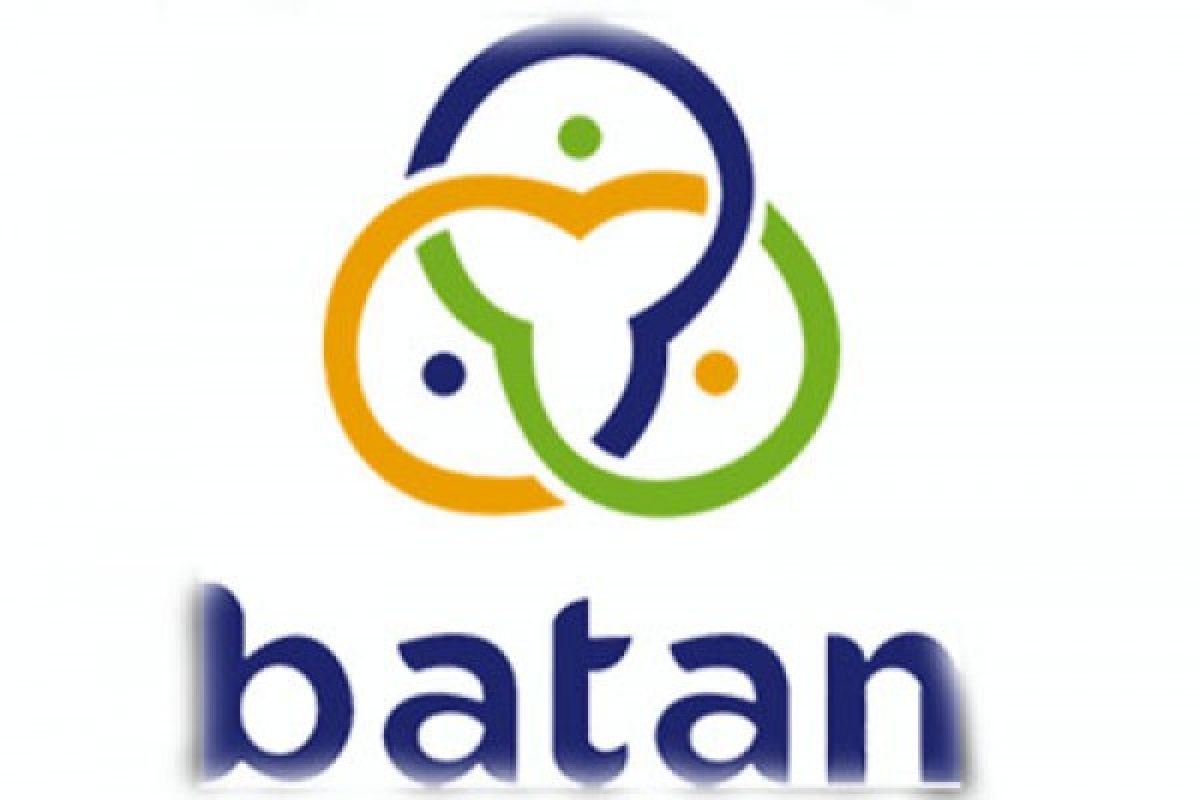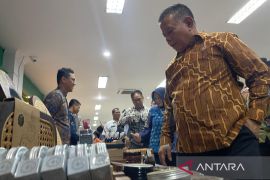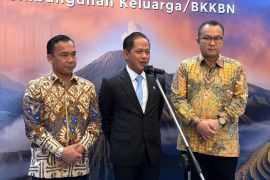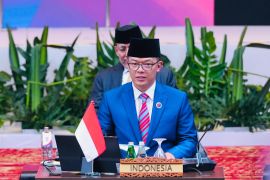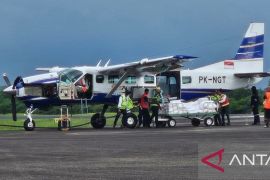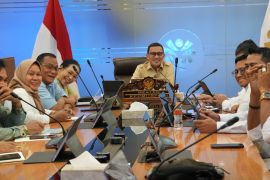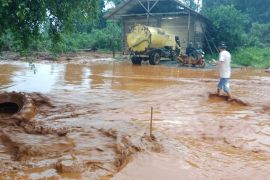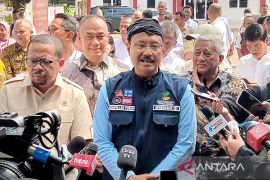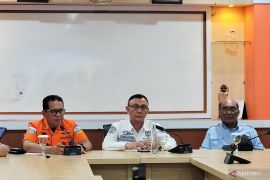"(The training program) marks the progress BATAN has achieved in developing its nuclear technology," Djarot Wisnubroto, the agency`s chairman, remarked in Jakarta on Monday.
He noted that BATAN has served as a research collaboration center, as acknowledged by the International Atomic Energy Agency some years ago.
The agency has sought to upgrade the quality of soy and paddy in the past years. Wisnubroto explained that the new plants are more resistant to pests and viruses. Moreover, the harvest periods of the new soy and paddy are shorter than those varieties planted earlier.
Several varieties that have been improved by the agency include Muria, Tengger, Meratus, Rajabasa, Mitani, Mutiara-1, Gamasugen-1, and Gamasugen-2.
On a similar occasion, Totti Tjiptosumirat, the isotope application center head, stated that the workshop was organized by BATAN, as it has rich experience in utilizing nuclear technology to develop agriculture.
"The agency has a long history of conducting research on plant mutation by utilizing nuclear radiation technology," Tjiptosumirat stressed.
The new varieties of soy and paddy that have been introduced to the farmers are expected to increase the yield and to realize food security in the country.
"Our research work now attracts significant attention not only from farmers and fellow scientists but also government officials, students, and scholars," he pointed out.
Hence, BATAN remains committed to opening its doors to other foreign researchers seeking to learn and adopt the technology, Tjiptosumirat added.
In the past years, he stated BATAN had provided training and workshops for researchers from Bangladesh, Burkina Faso, Cambodia, China, India, South Korea, Madagascar, Malaysia, Mongolia, Mozambique, Myanmar, Namibia, Nepal, Pakistan, the Philippines, Sri Lanka, Tanzania, and Vietnam.
Reported Indriani
(Uu. KR-GNT/INE)
(T.KR-GNT/A/KR-BSR/A014)
Reporter: antara
Editor: Heru Purwanto
Copyright © ANTARA 2018
